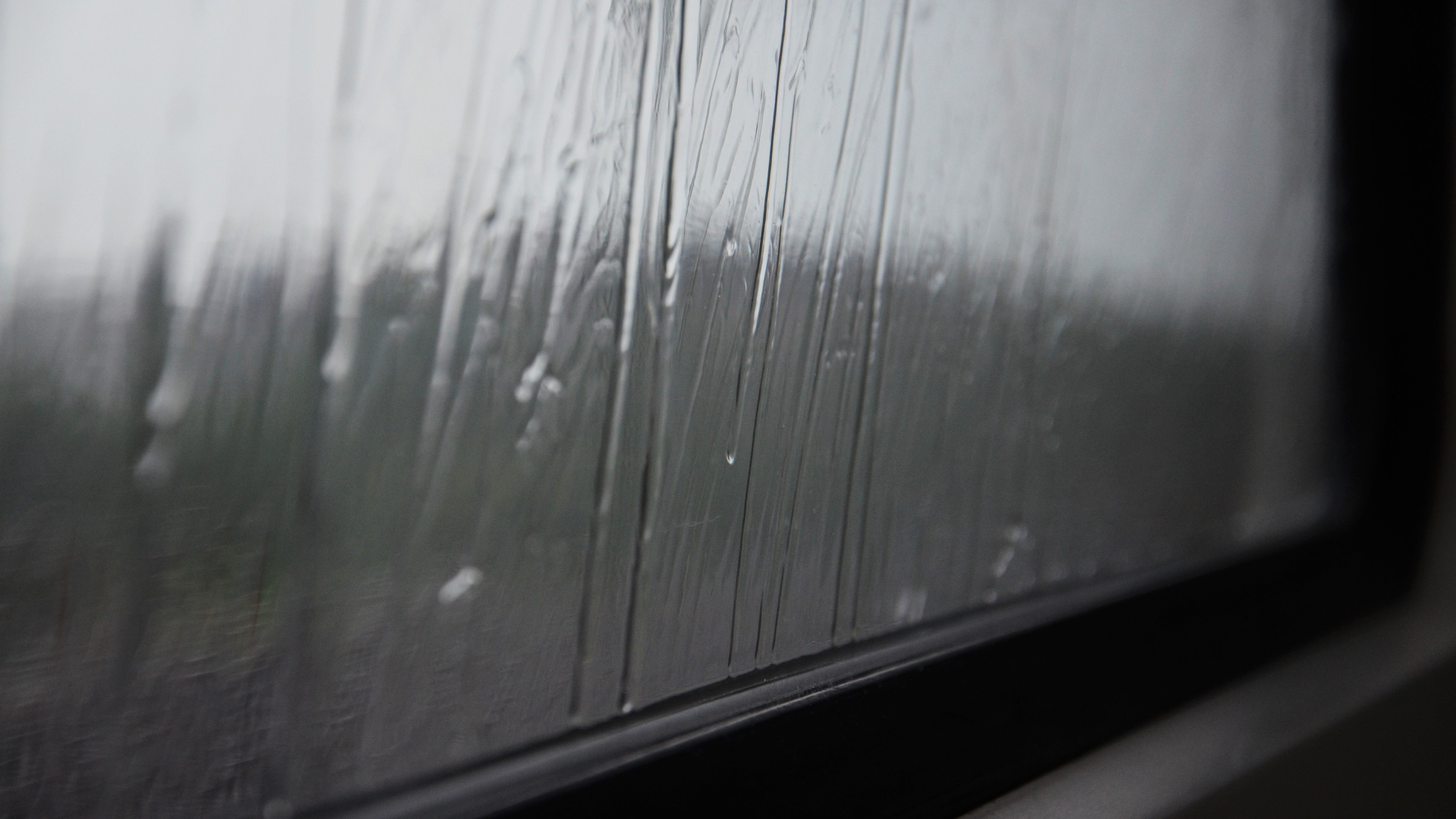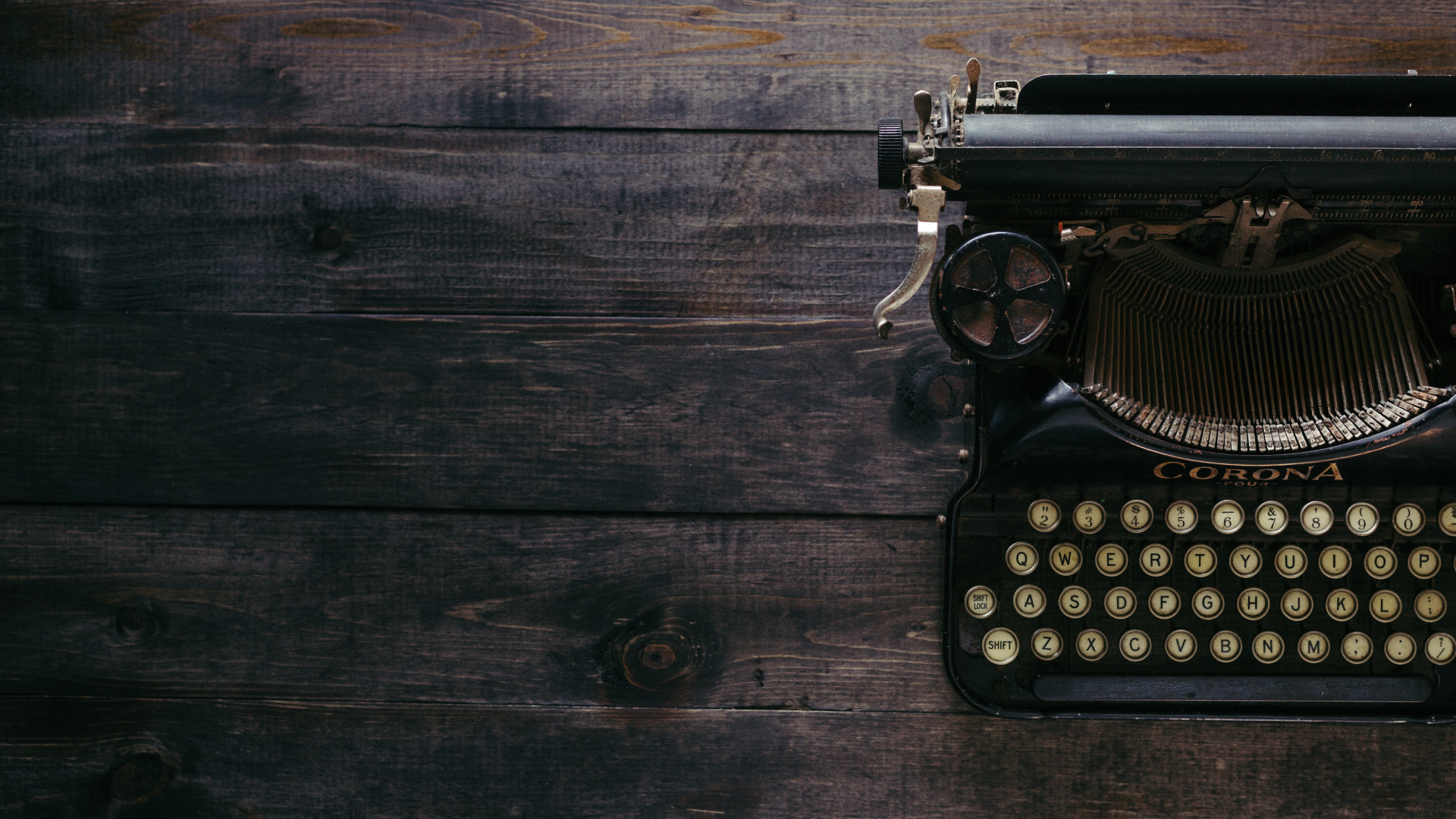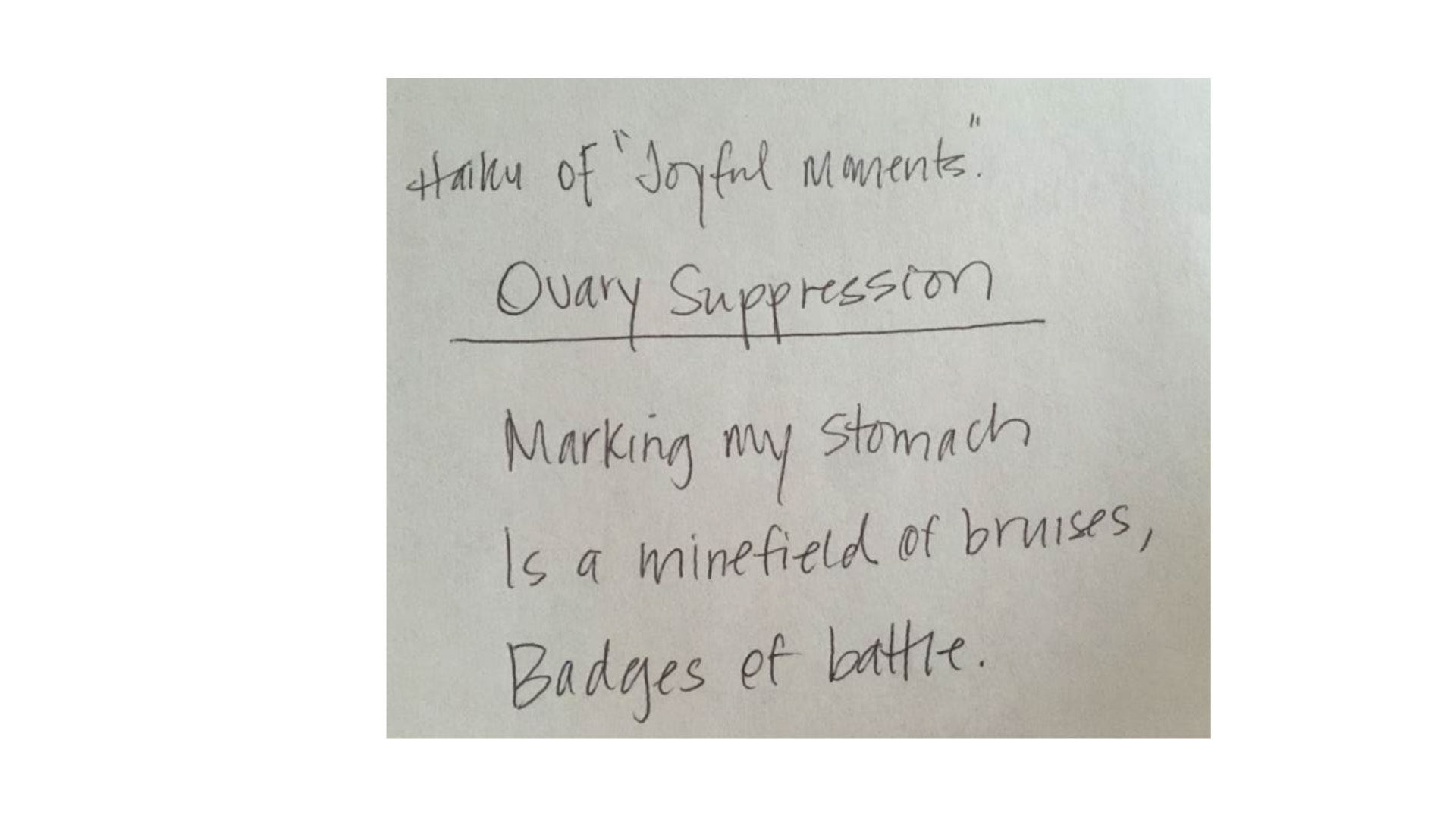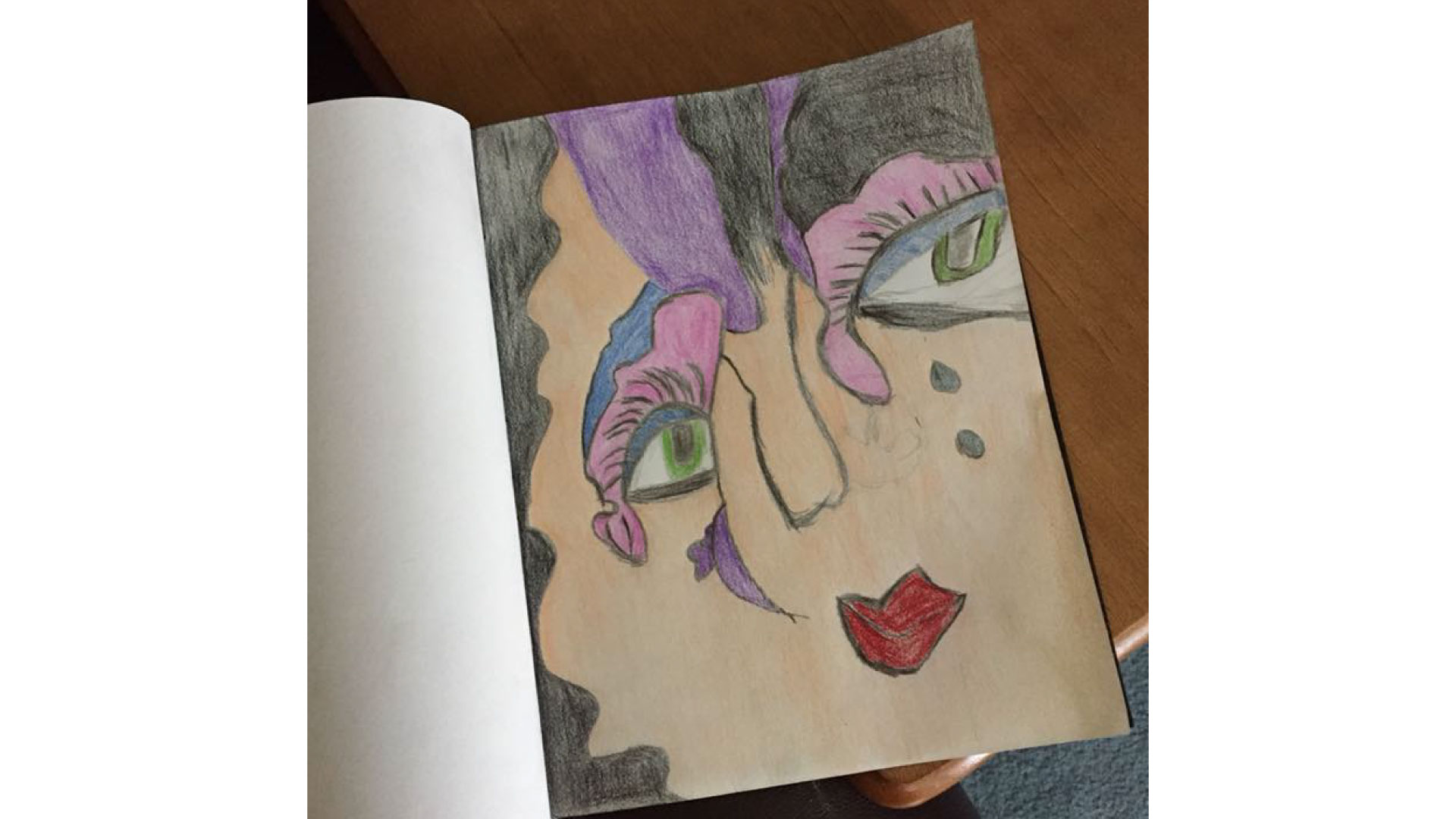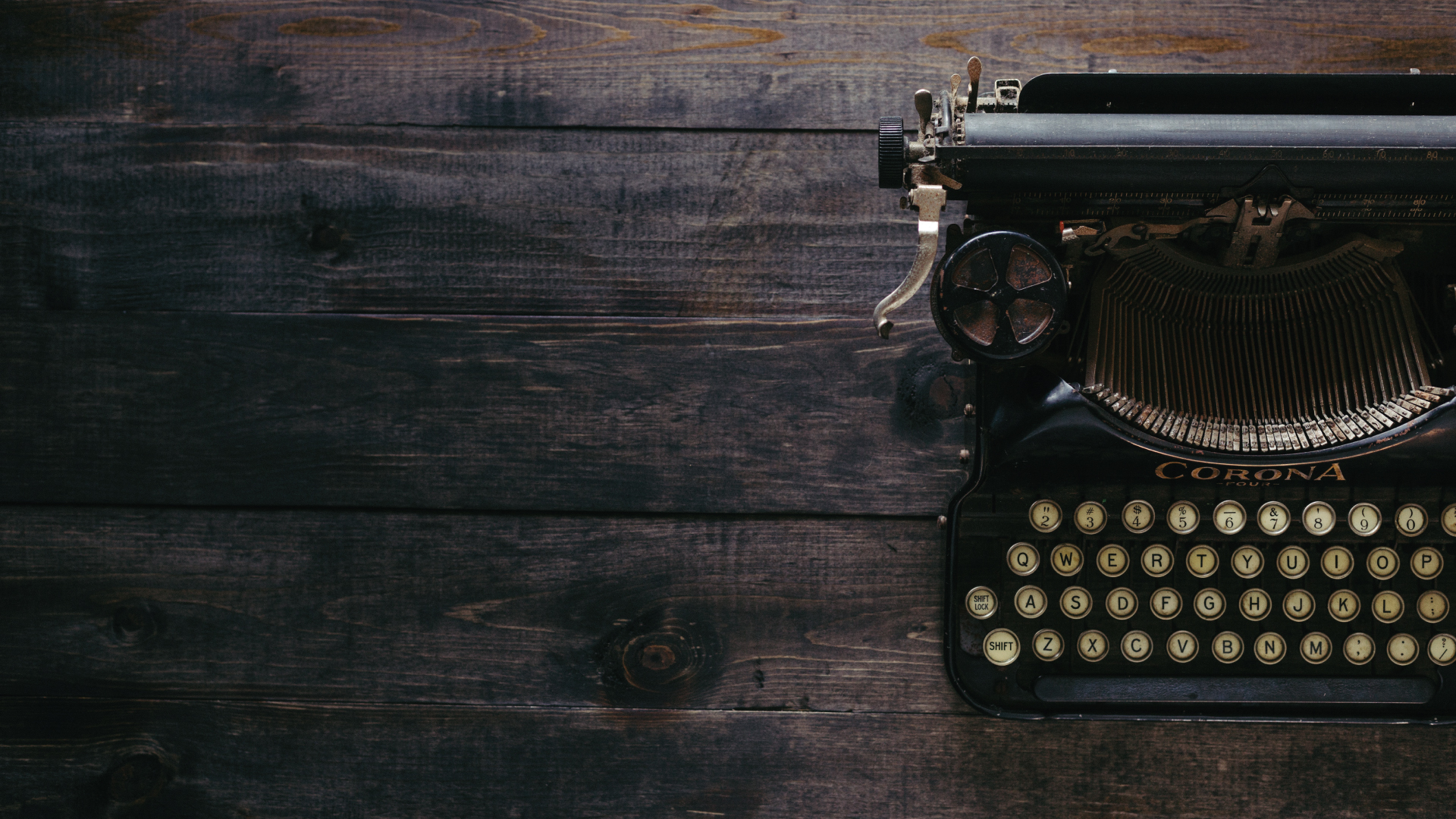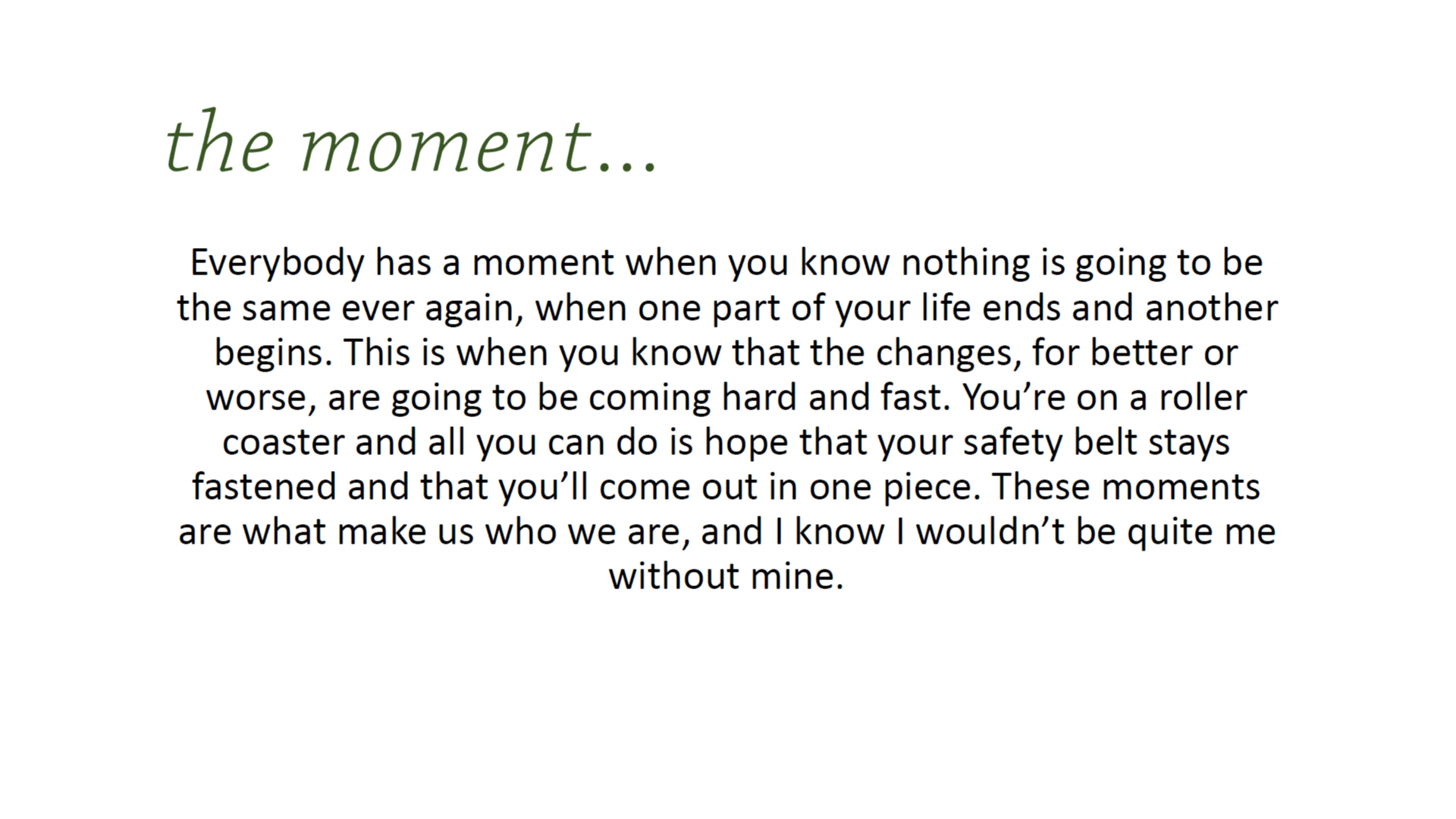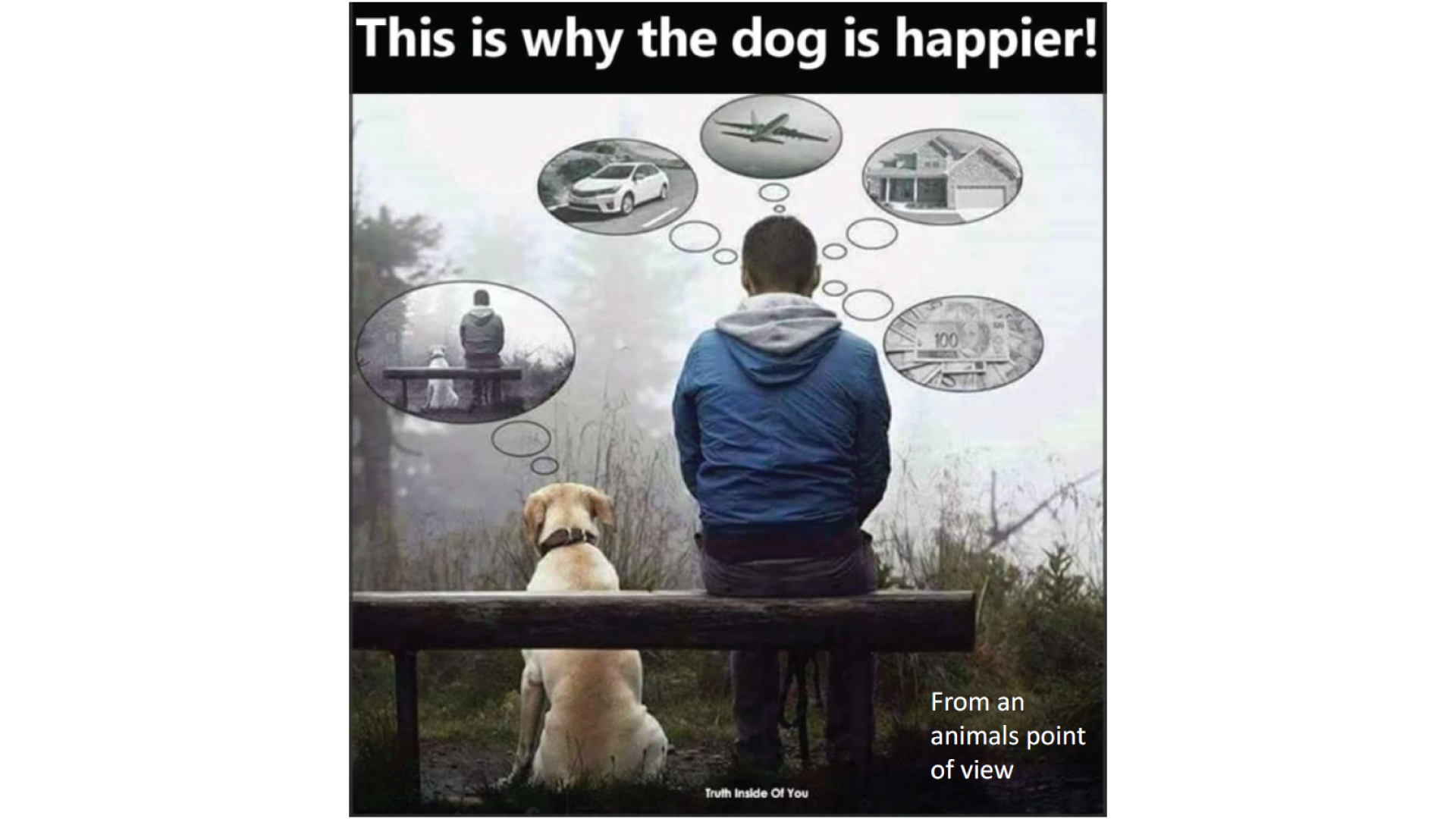Today we bring you a piece by a courageous survivor and writer, Carol Anne.
Lately, I’ve been thinking a lot about how important art and creativity have been to my recovery. I honestly believe I am physically and mentally healthier because of the creative endeavors I am privileged to be a part of.
Last summer I walked across the street to the cancer center and joined a cancer survivors art discovery workshop. I only got to go once before Chuck was too sick for me to leave him home alone. But, then in October I was blessed with an invitation to join an online creative workshop my friend was leading for Lacuna Loft, an online cancer support project for cancer survivors and caregivers ages 18-39. I’m actually older than 39 so, shhhhh….. don’t tell. Actually, I think they’ve extended the age to 45 so, I’m good for now. No, I won’t tell you how old I am, a lady never tells her age. I’m both a cancer survivor and a caregiver, though Chuck really didn’t live long enough for me to be a caregiver for very long.
In the last two years my husband battled a very aggressive form of kidney cancer, my cancer returned and took some of my eyesight with it, Chuck died, and I am yet again facing the possibility of my cancer being back or the radiation that cured it damaging my brain. I believe I could not get through these days without the art and writing programs I participate in. It took a while after Chuck passed away for me to get back to participating in Lacuna Loft’s creative art workshops, Let’s Make Stuff and even longer to make it back to the cancer survivors art discovery workshop at the cancer center across the street. When I finally did get back to creating art and being part of groups creating art, life started getting better, I started getting better.
I’ve been seeing a therapist since last June. I highly recommend seeing a therapist as a form of selfcare, but I also highly recommend art, and writing, and journaling as means of selfcare. The ninety minutes I spend each week at the cancer survivor’s art discovery workshop are some of the very best of my week and the two hours I periodically spend taking part in the Lacuna Loft Lets Make Stuff creative art workshops allow me to reach out of myself and beyond the grief and loneliness and fear. I’m an incredible multitasker, and by multitasker, I mean I’m fabulous at worrying while I clean the house, pay the bills, cook dinner, etc., etc., etc. You get the picture. But the time I spend painting, or drawing, or working with clay, or writing I am out of my own head. I am focused on one thing and one thing only, creating. I am in the moment. The “What if” monsters are silenced, the voices in my head are quiet, I am quiet and still on the inside. The act of creating somehow puts to sleep the anxious, loud, worrisome parts of my brain while I make art or write. I once told my therapist that I need to be at a full stop at some point or I’m going to go crazy. While I make art or write I am at a full stop; I can breathe, I can be still, I can be at peace. Art heals. And, it’s not just the art, for me it’s the community of being with other survivors for a while.
You can, like me, have the absolute very best support system of family, friends, and extended family who’ve adopted you as one of their own, but sometimes you just need to be with those who’ve been down the roads you’ve traveled and seen what you’ve seen and experienced what you’ve experienced. You don’t even have to talk about what you’ve survived or are currently surviving, it’s just comforting to be with what I can only describe as a tribe. Time spent with fellow warriors is also healing. It’s not necessary to be part of a group to reap the benefits and healing that comes from creating art. The doodling, and craft projects, and blogs I write at home are equally calming and quieting. For me, the groups and community are a nice added bonus.
I’m visually impaired so, sometimes I cannot keep up with the others, but I make the best of it and both the beautiful people at Lacuna Loft and the amazing women in my art discovery workshop are kind, and gracious, and helpful. I don’t have to be perfect or capable to create art and be part of a community, I just have to be there. Hell, I don’t even have to be good, as you’ll see in my shared “artwork.” Oh yes, I use that term as loosely as it has ever been used. Trust me on that. You’ll see. But in art, and creativity, and selfcare perfect doesn’t matter; doing, and being, and creating matter.
Through therapy and taking part in artistic endeavors I’ve stopped being afraid to try something I’m certain I won’t be good at. And, you know what? Sometimes I am actually better than I ever imagined I could be at something new, and that feels pretty darn good.
Art isn’t just markers and crayons and glitter and paper, art is also words, and feelings, and expression. I was always sad that I couldn’t make it to the cancer survivors writing workshops at the Hospital of the University of Pennsylvania because I don’t drive and more than eighty dollars to go back and forth in an Uber to a free writing workshop seemed a bit excessive to me. So, I was thrilled when Lacuna Loft posted the signup link for their summer session of Unspoken Ink, an online creative writing workshop. As I’ve said over and over and over again, writing saved my life, writing gave me something to be accountable to during my first cancer journey. That I did not write about Chuck’s cancer and my second go around with the big C and my quest to kick Larry (my tumor) out of my head lessened my wellbeing and my understanding of what was going on around me and what was happening to me. I never took the time to explain things to myself. I never took the time to be accountable to how I was feeling or where I was at in the process. I was just going through the motions, putting each fire out as I came upon it. I didn’t have a deeper understanding of what was going on; possibly because I didn’t want to understand deeply enough to feel the feelings that came along with truly knowing and understanding that nothing was stopping Chuck’s cancer; it was an unstoppable force of destruction. I didn’t want to really understand that not only had my cancer come back and robbed me of a triumphant five years cancer-free party and return to normal life but also my vision, and that there was never going to be a “normal” again. I think it was too terrifying to deeply understand that my husband was dying and I was disabled. But, unconsciously burying those emotions, denying my reality, not sitting down at the end of each day, processing and explaining to myself the events of each day robbed me of stability and sanity, I just didn’t know it until the great Kindle meltdown while I was in the hospital recovering from brain surgery last May.
Therapy, and the act of making art, and writing, and taking time for selfcare have allowed me to start processing my emotions again and to explain to myself where I am in this process. Since joining the Unspoken Ink group, I’ve written a few pieces that have helped me write about my grief and my search for faith in all this sickness and loss. In the spring I wrote about the small everyday things that are much bigger than we give them credit for, sometimes getting out of bed is the biggest achievement of the day. You can read it on Lacuna Loft’s Young Voices blog.
The next few blogs are going to be versions of pieces I wrote in the Unspoken Ink group. Some will be the exact words that flowed during the group and others will be cleaned up, edited, and added to versions of pieces I wrote during the group.
Art heals… Art saves… Art gives voice to emotion and feeling… Art is life…
Image by the author, Carol Anne.
This post was originally published on SoapBoxVille. Check out the original post for some original art by the author


